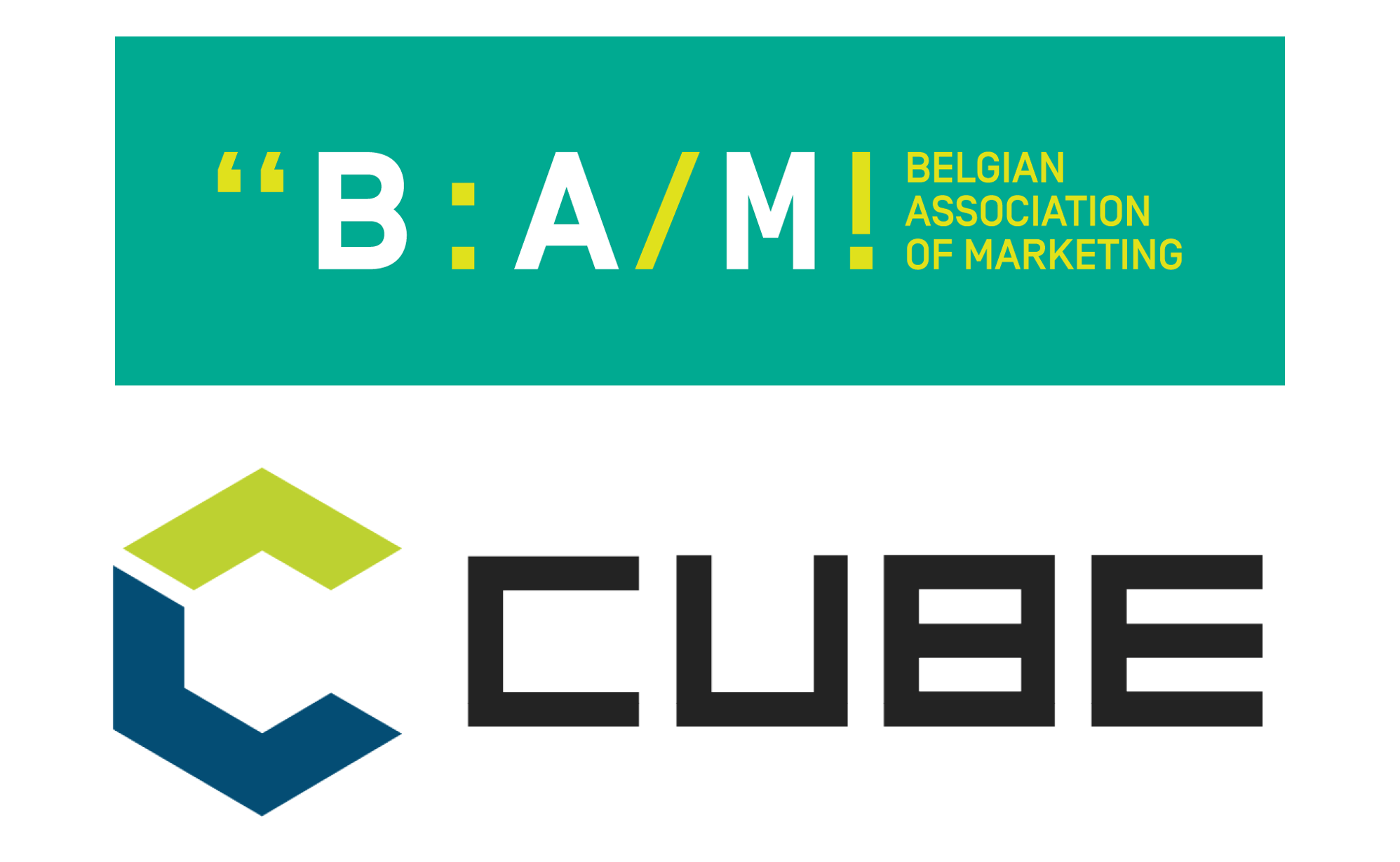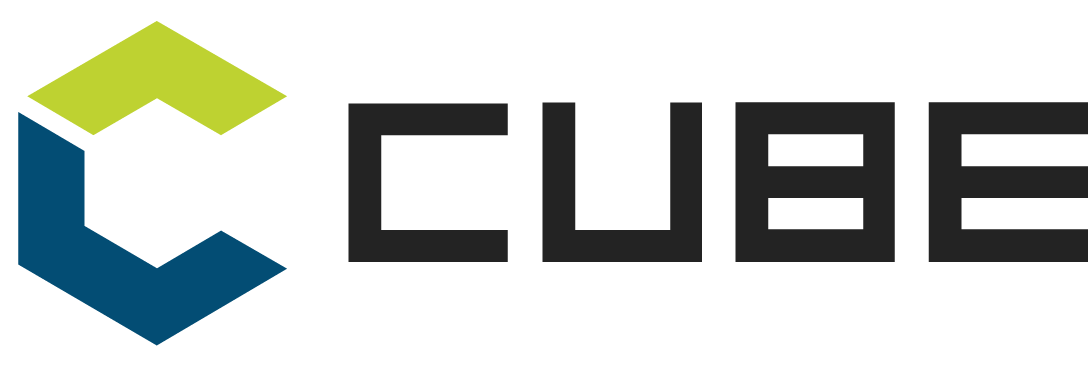
14 Oct How research and meaningful marketing go hand in hand
It was written in the stars that BAM and Cube would collaborate some day. The first webinar turned this match made in heaven into reality. And it taught us a lot. About artisan bakers and about customer centricity, for a start.
“One way or another the partnership with CUBE was always bound to touch the core of the BAM.” Koen Van Impe, president of BAM, could not have put it better: if you want to apply meaningful marketing, you have to be close to the consumer and customer. Which means: having lots of consumer and customer insights at your disposal and being able to interpret and translate these into your own strategy – fast.
Research agencies are therefore key in maintaining your focus, and that is why the cooperation of CUBE and BAM is no surprise. It started in the beginning of September and it was put into practice on 8 October at a joint event, where the focus was – not by coincidence – put firmly on meaningful marketing.
Framing insights
In the webinar Alain Mayné (Hoet & Hoet), co-president of XPH Communication, expanded on the Meaningful Marketing Framework and how this can be a compass for market researchers. “You should use it to frame insights with a view to assisting clients on their journey toward meaningful marketing”, was his unmistakable message, hinting at the lingering lack of confidence in marketeers. “That is how we will manage to take on that role again that we used to have 30 or 40 years ago, as inspiring trailblazers.” It goes without saying that the six pillars of the framework can serve as an inspiration to achieve this.
These pillars were what Pieter Goossens (Kynetec b2) built upon with his presentation of a research project into artisan bakeries. In the midst of the Corona crisis, it became clear just how important a pillar of society these bakeries really are. Research brought to light various important insights related to each of the six pillars, but shared value and collaboration really stood out. Artisan bakers are very much in favour of close collaboration with industrial manufacturers. Ingredients inspire them to try and show off new, improved products. And (digital) initiatives such as ‘Bakers for bakers’ provide artisan bakers with platforms where they help and inspire one another. They don’t view each other as competition. “Artisan bakers are the best marketeers”, Pieter Goossens concluded.
Meaningful marketing = customer centricity
In conclusion, Tom De Ruyck (InSites Consulting) and Jessica Hellings (Engie) allowed us a little peek into the efforts the energy provider is making to warrant the consumer a place within the company and to make sure all its projects start from the consumer. “Customer centricity is very important to us”, Jessica Hellings told us. “This manifests itself ever more strongly in the extra products we are offering our customers. But we also try to make sure that the consumers’ insights are present within the company.”
Engie has set up a ‘reflecting framework’ to check whether the focus is on the client first, before any project gets the go-ahead. If it is not, they either adapt the project or abort it. The energy provider also has a ‘voice of the customer’-platform where all incoming feedback and insights are collected. “We are, in fact, trying to put the Insights-department to use at all times and at all levels and sections of the company”, says Jessica Hellings. “Client feedback should be much more readily available and accessible, to allow marketeers to be close to the client.”
And finally, the Engie Insights department aims to deliver more than just data. Context and interpretation are also important and make it easier for marketeers to really understand the input. This case certainly illustrates the point that focusing on the consumer would provide your company with a clear guiding principle. Which is the exact purpose of meaningful marketing … Clearly, market research and meaningful marketing go hand in hand.
